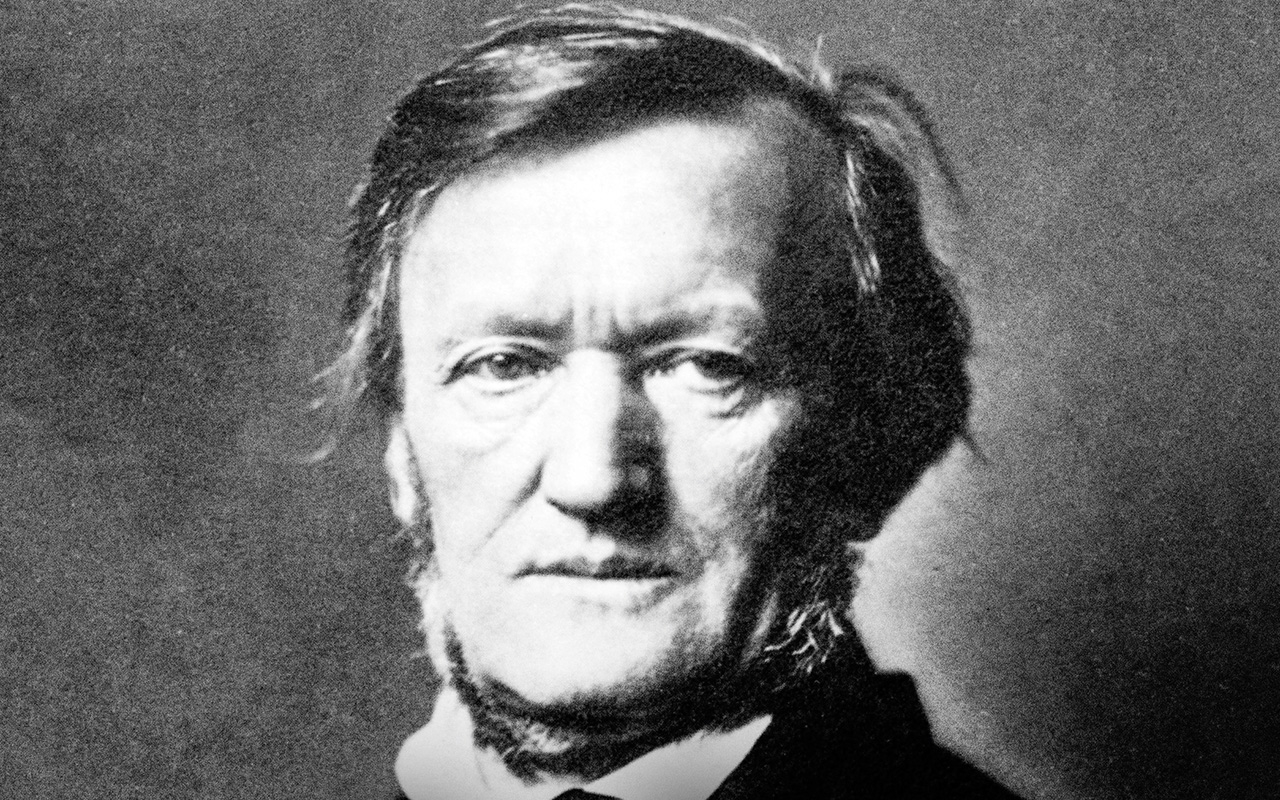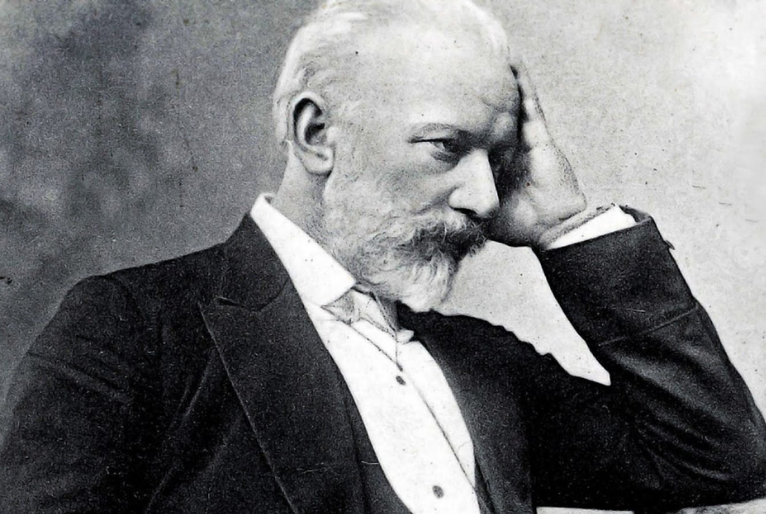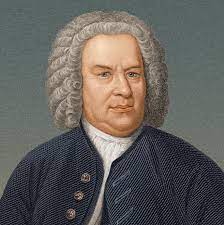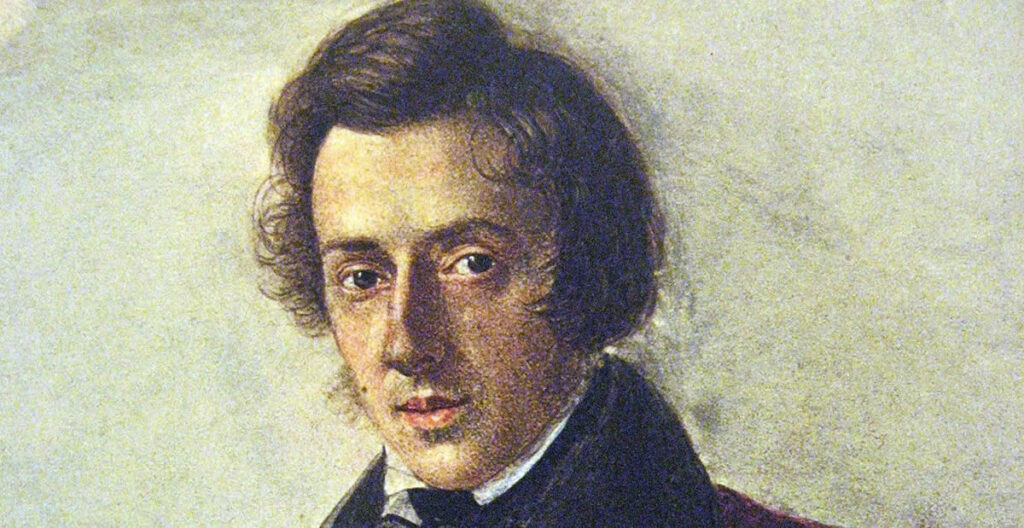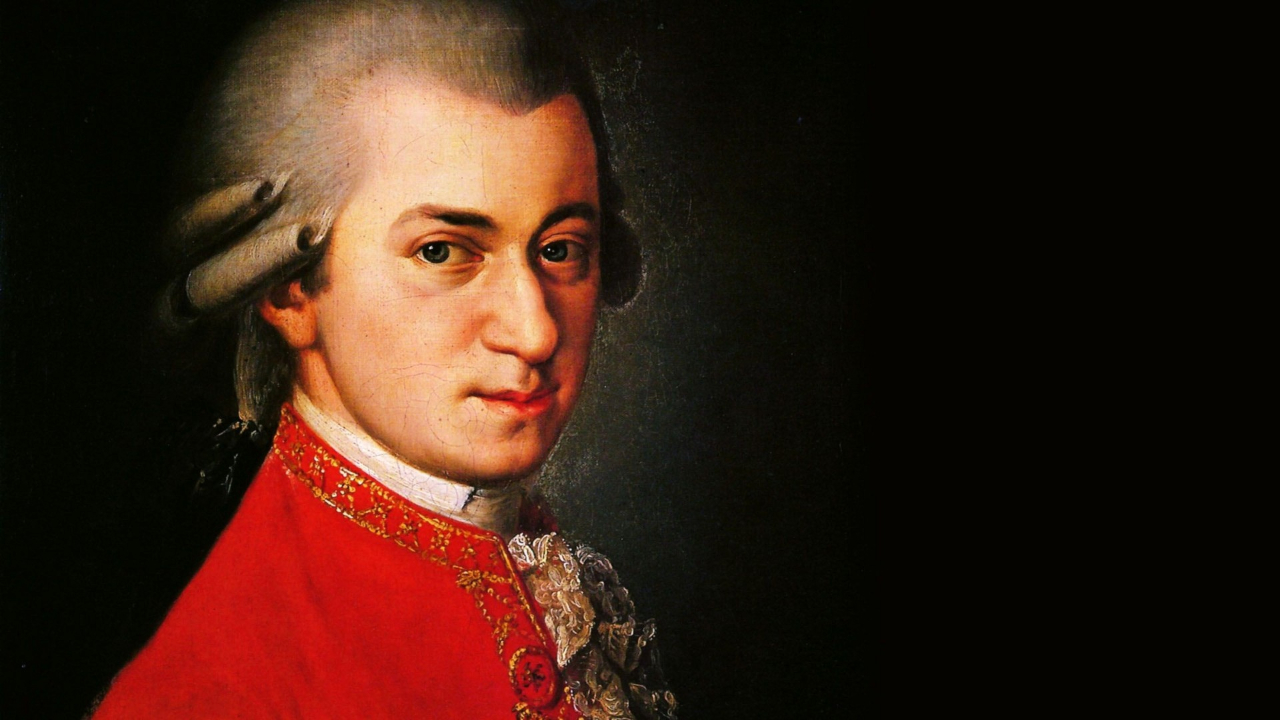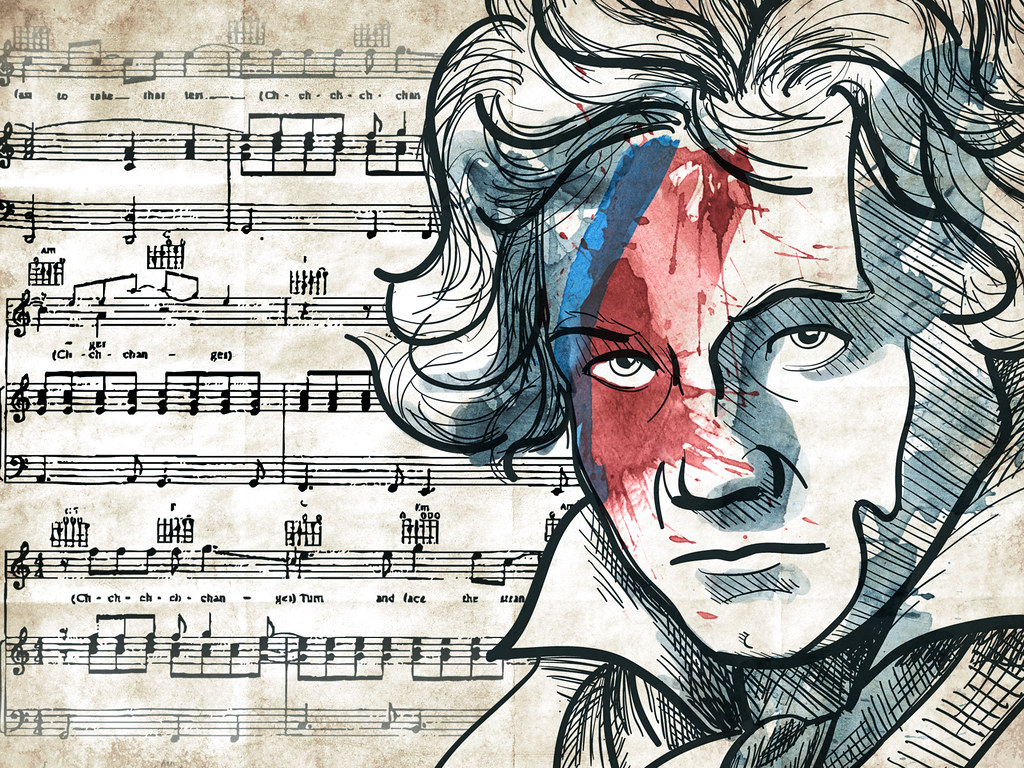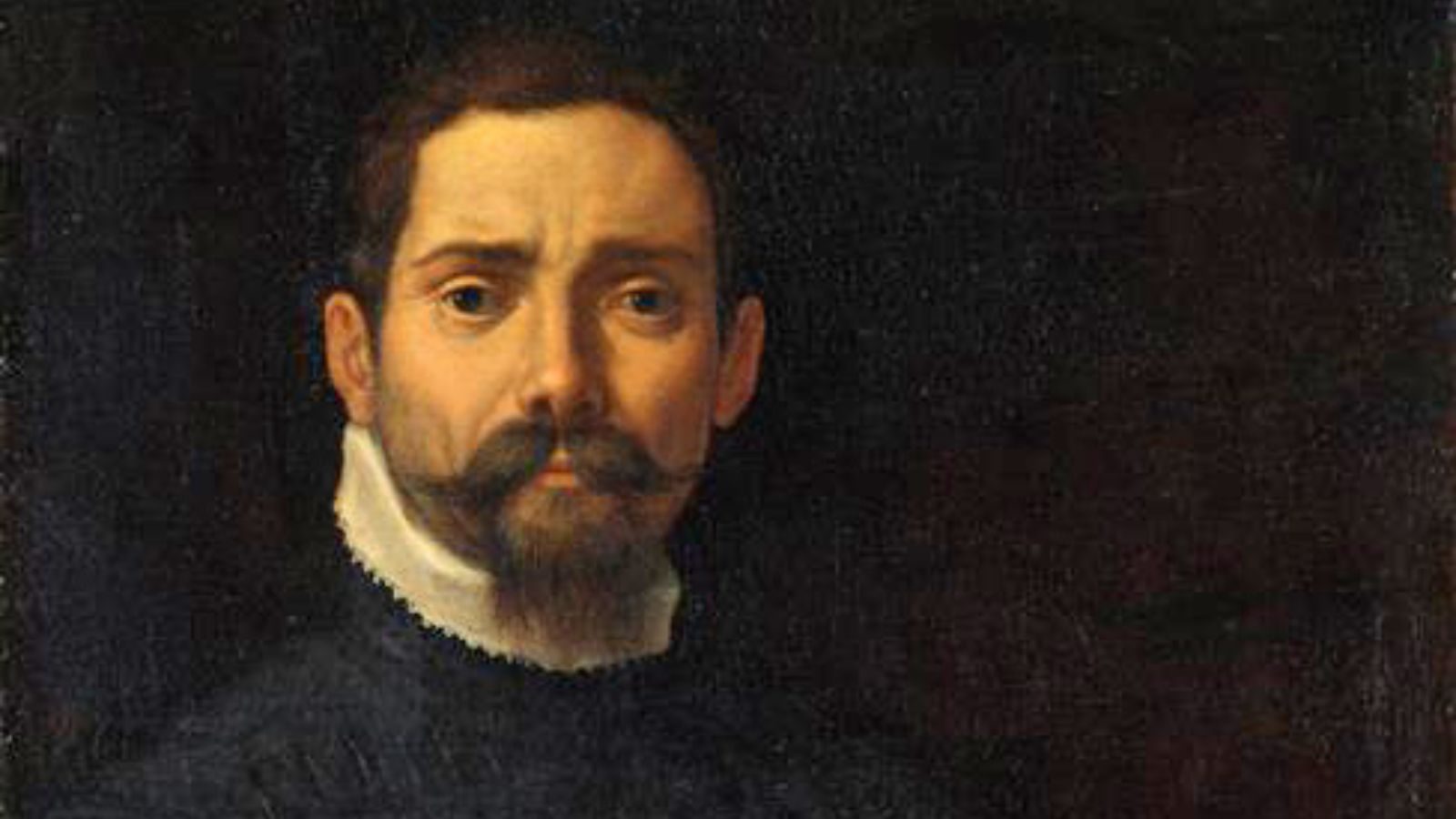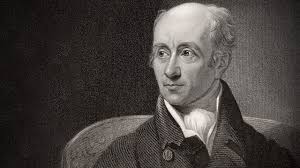Richard Wagner, one of the most influential composers in the history of classical music, was born on May 22, 1813, in Leipzig, Germany. He was the ninth child of Carl Friedrich Wagner, a police actuary, and Johanna Rosine Wagner. His childhood was marked by a turbulent family life, with his father's death when he was just six months old and his stepfather's subsequent death when he was seven.
Despite the challenges of his early years, Wagner showed an early aptitude for music. He began studying piano at the age of eight and composed his first opera, "Die Laune des Verliebten" ("The Infatuated Lover's Caprice"), at the age of 13. However, it wasn't until he reached his twenties that he began to seriously pursue a career in music.
Pyotr Ilyich Tchaikovsky, one of the most celebrated composers in the history of classical music, was born on May 7, 1840, in Votkinsk, a small town in the Russian Empire. He displayed an early aptitude for music, which was nurtured by his family's supportive environment. His father, a mining engineer, and his mother, of French ancestry, recognized his talent and provided him with a comprehensive musical education.
At the age of six, Tchaikovsky began taking piano lessons, demonstrating remarkable progress and an innate musical sensitivity. His formal education continued at the Imperial School of Jurisprudence in Saint Petersburg, where he was trained for a career in civil service. However, his passion for music prevailed, and he enrolled in the newly established Saint Petersburg Conservatory at the age of 21, against his family's wishes.
Frédéric Chopin remains one of the most celebrated and influential composers of the Romantic era, renowned for his virtuosic piano compositions that continue to captivate audiences worldwide. Born on March 1, 1810, in Żelazowa Wola, Poland, he demonstrated extraordinary musical talent from an early age.
Chopin's musical education began under the guidance of his mother, who was herself a competent pianist. By the age of six, he was already composing his own music, and by seven, he was performing in public. Recognizing his prodigious talent, his family enrolled him in the Warsaw Conservatory, where he studied piano with the renowned pianist Wojciech Żywny and music theory with Józef Elsner.
Wolfgang Amadeus Mozart, often simply referred to as Mozart, stands as one of the most influential and prolific composers in the history of Western classical music. Born on January 27, 1756, in Salzburg, Austria, he was baptized as Johannes Chrysostomus Wolfgangus Theophilus Mozart, though he later adopted the Latin form of his name, Amadeus, meaning "beloved of God."
Mozart was born into a musically gifted family. His father, Leopold Mozart, was a respected composer, violinist, and music teacher, and he recognized his son's prodigious talents at an early age. Under Leopold's guidance, Mozart began composing music by the age of five and was already proficient on the keyboard and violin.
Ludwig van Beethoven, one of the most influential figures in the history of classical music, was born in Bonn, Germany, on December 17, 1770. His exact date of birth remains a subject of debate, but his baptismal record confirms this date. Beethoven's early life was marked by adversity, as he was born into a family of limited means. His father, Johann van Beethoven, was a court musician in Bonn, and he recognized his son's musical talent at an early age.
Beethoven received his first music lessons from his father, who hoped to mold him into a child prodigy like Mozart. However, Beethoven's childhood was far from idyllic. His father was a harsh and often abusive teacher, subjecting him to intense practice sessions and discipline. Despite this, Beethoven's talent continued to blossom, and by the age of 12, he was earning money as a keyboard virtuoso and improviser.
Giovanni Gabrieli was a pivotal figure in the development of Renaissance music, particularly in the realm of polychoral compositions. Here are 10 fascinating facts about this influential composer:
1 - Birth and Early Life: Giovanni Gabrieli was born in Venice around 1554 or 1557, likely into a musical family. His uncle, Andrea Gabrieli, was a renowned composer and organist.
Giovanni Gabrieli, a luminary of the late Renaissance, was born around 1554 in Venice, Italy. Renowned for his contributions to Venetian polychoral and instrumental music, Gabrieli's compositions exemplify the grandeur and innovation of the Venetian School.
As a young musician, Giovanni Gabrieli received his early training from his uncle, the celebrated composer Andrea Gabrieli. Under his guidance, Giovanni developed a profound understanding of music theory and composition. He later honed his skills as an organist and composer, securing positions at prestigious institutions such as St. Mark's Basilica in Venice.
Muzio Clementi, an Italian composer, pianist, and conductor, left an indelible mark on the classical music landscape of the late 18th and early 19th centuries. Born on January 23, 1752, in Rome, Clementi's musical talents emerged at an early age. His father recognized his son's aptitude and ensured he received quality musical education, leading him to study under several renowned composers and musicians in Italy.
Clementi's proficiency on the keyboard quickly became evident, and by his teenage years, he was renowned as a virtuoso pianist. At the age of just fourteen, he attracted the attention of Sir Peter Beckford, a wealthy Englishman, who became his patron and facilitated his move to England. This marked the beginning of Clementi's international career.
Muzio Clementi, an Italian composer, pianist, conductor, and music publisher, left an indelible mark on the landscape of classical music during the late 18th and early 19th centuries. Born on January 23, 1752, in Rome, Clementi displayed extraordinary musical talent from a young age. Recognizing his potential, his father, a silversmith, enrolled him in music lessons.
At the age of 14, Clementi caught the attention of English visitors to Rome, who were impressed by his virtuosic piano playing. They persuaded his father to allow him to accompany them to England, where he would further his musical education. This decision proved pivotal in Clementi's career, as it led to numerous opportunities and successes.
